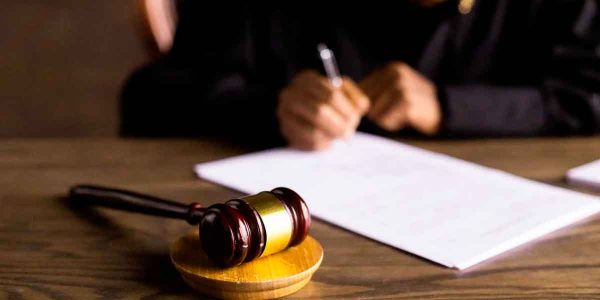The Probate Process in Miami: A Step-by-Step Guide
Probate is the legal process through which a deceased person’s assets are distributed to their beneficiaries according to their will or state law. While the probate process can be complex and time-consuming, understanding the steps involved can help ease the burden and ensure a smooth estate settlement. In this blog, we will walk you through the probate process in Miami, step by step.
Step 1: Filing the Petition
The probate process begins with filing a petition with the probate court in the county where the deceased person lived. The petition must include the original will (if there is one) and any other necessary documents. If there is no will, the court will follow state law to distribute the assets.
Government Website: For official probate forms and resources in Miami, you can visit the website of the Miami-Dade County Clerk of the Courts at https://www.miamidadeclerk.gov/clerk/home.page
Step 2: Notifying Interested Parties
Once the petition is filed, the court will schedule a hearing and notify all interested parties, including beneficiaries, heirs, and creditors. The notice typically includes information about the hearing date and the opportunity to contest the will or raise objections.
Step 3: Validating the Will
If the deceased person left a valid will, the court will determine its authenticity during the probate process. The court will ensure that the will was properly executed and the deceased person was of sound mind when creating it. If there are concerns about the will’s validity, a hearing may be held to resolve the issue.
Step 4: Appointing the Personal Representative
The court will appoint a personal representative (an executor or administrator) to manage the probate process. If the deceased person is named an executor in their will, the court will likely appoint that person. If no will or executor is named, the court will appoint an administrator to fulfill this role.
Step 5: Inventorying and Valuing Assets
The personal representative is responsible for creating an inventory of the deceased person’s assets and valuing them. This includes real estate, bank accounts, investments, personal property, and any other assets the deceased person owns at the time of their death.
Step 6: Notifying Creditors
The personal representative must notify all known creditors of the deceased person’s death and the probate proceedings. Creditors will have a specific period to submit their claims against the estate. The personal representative will review the claims and pay valid debts from the estate’s assets.
Step 7: Distributing Assets to Beneficiaries
Once all debts and expenses have been paid, the personal representative will distribute the remaining assets to the beneficiaries named in the will or according to state law if there is no will. The court must approve the distribution before the probate process is officially closed.
Step 8: Closing the Probate
Once all the steps of the probate process are completed, the personal representative will file a final accounting with the court, detailing all the transactions and distributions made during probate. If the court approves the accounting and all requirements are met, the court will issue an order to close the probate, and the estate will be considered settled.
Step 9: Handling Ancillary Probate (If Necessary)
If the deceased person owned property in other states or countries, ancillary probate may be necessary. Ancillary probate is a separate probate process conducted in the state or country where the property is located to transfer ownership to the appropriate beneficiaries.
Step 10: Maintaining Records
The personal representative must keep detailed records of all transactions, distributions, and communications with interested parties throughout the probate process. Maintaining accurate records is crucial to ensure compliance with probate laws and protect the personal representative from potential liabilities.
Conclusion
The probate process in Miami can be complex and time-consuming, but with the guidance of an experienced probate lawyer, it can be navigated more efficiently. Having a qualified probate attorney by your side can help ensure that the estate settlement goes smoothly and that the wishes of the deceased are carried out according to their will or state law.
If you need assistance with the probate process in Miami, our team of skilled probate lawyers at Morgan Legal Group PLLP is here to help. Contact us today for a consultation.







